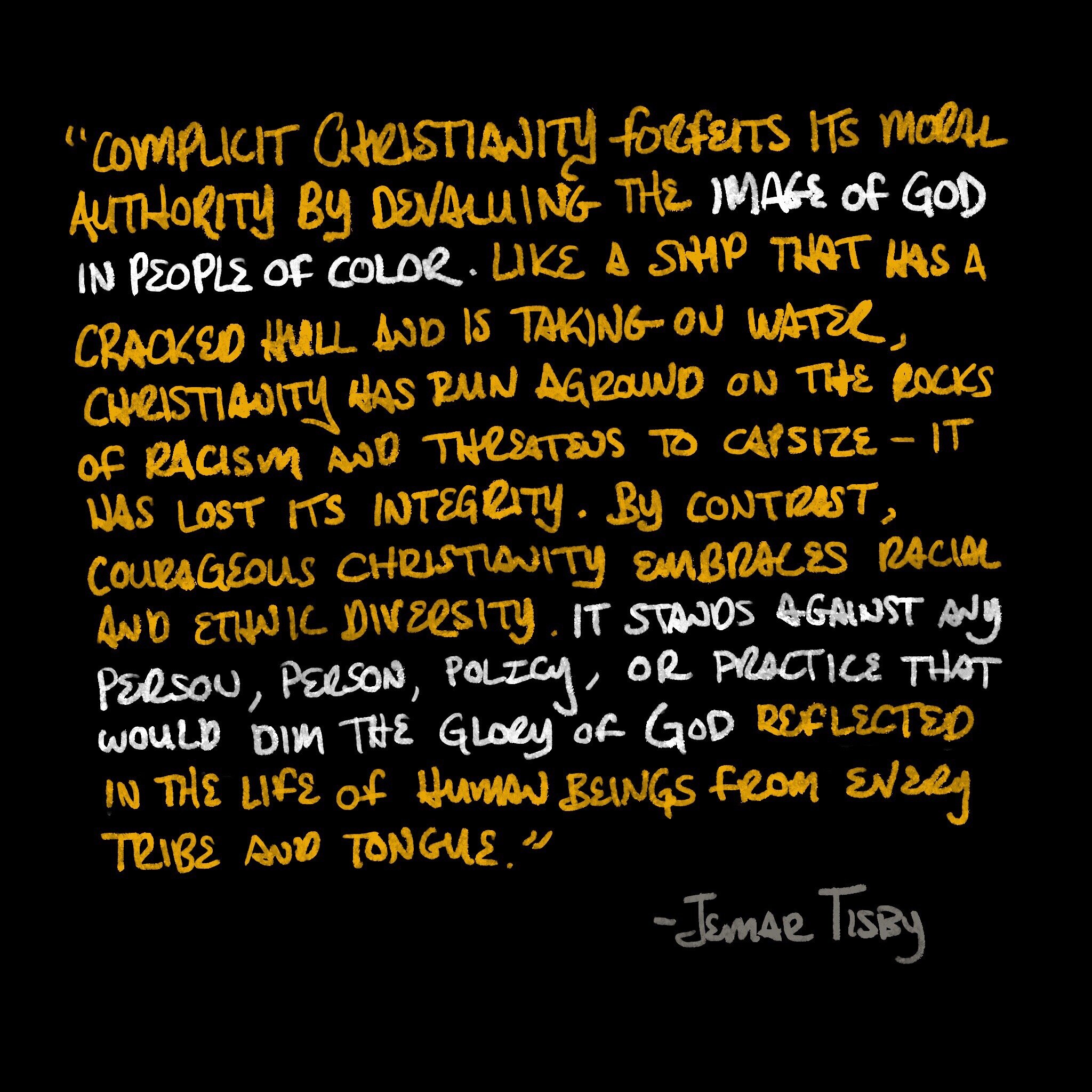If you’re a churchgoer, what has your church been doing in the struggle for antiracism?
To paraphrase Latasha Morrison, for us people of faith, it’s our responsibility because we are connected. Silence doesn’t preserve peace. It prevents peace. Churchgoers, hold your leaders accountable, too. If your leaders haven’t said much, ask why.
Martin Luther King said that if churches go quiet, they turn into irrelevant social clubs. That phrase– irrelevant social club– captures exactly how I feel about what so many churches are turning into. Churches are emptying for this reason.
What keeps churches from participating? Not wanting to be “political?” Silence is political. Racism is not a opinion, it’s immoral. Perhaps churches are afraid of upsetting certain people. If that’s the case, you are no longer stewarding your influence. 💒⛪️🕌 It absolutely doesn’t have to be like this. Here’s how to do better:
🌑 Be specific in calling it out – When denouncing racism and racial injustice, saying things like “it’s not a skin issue, it’s a sin issue,” or “let’s just learn how to love each other,” don’t actually say much. Name the instances of injustice that stir up righteous anger. Better yet, get to know the context of these issues in your neighborhood and community.
🌑 Walk the talk – Don’t claim to be “multicultural” just because you have about a dozen brown families who join. What does your leadership look like? Your worship? Most American churches, by nature of demographics, will be majority white- but the key to dealing with this is to understand that your perspective is limited by this. Read The Next Worship by Sandra Van Opstal for more!
🌑 Understand the history of church complicity – Sadly, the church has a history of not always doing the right thing. A great way to learn more about this is Jemar Tisby’s The Color of Compromise
🌑 Examine the lack of nonwhite perspective in your theological formation – I’ve read a LOT of theology books during my spiritual formation from different eras and traditions. SADLY fewer than five were by writers/theologians of color. A few starting points: Octavia Albert, Keith Augustus Burton, James Cone, & Kelly Brown Douglas.




